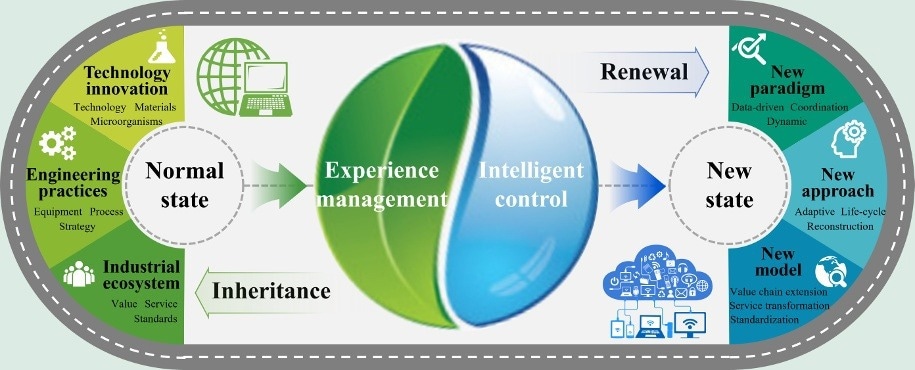A new roadmap from Nanjing University shows how AI can modernise the entire water sector, from advanced materials and autonomous process control to integrated smart-water ecosystems and industry-wide digital transformation.

Researchers from Nanjing University and collaborating institutions have published a perspective article titled “AI-driven transformation of water treatment technology and industry: toward a new era of comprehensive innovation” in Frontiers of Environmental Science & Engineering (Volume 19, Issue 8). The work examines how artificial intelligence can reshape the global water treatment sector, which continues to struggle with unstable water quality, high energy consumption, and limited resource recovery.
The authors identify a critical gap: although AI has become central to innovation in water treatment, it still lacks a systematic theoretical foundation, coordinated engineering pathways, and industry-level evaluation frameworks. To address this, the study proposes a tri-axis roadmap for AI integration, composed of:
- Foundational Axis: data resources, model systems, and intelligent reasoning;
- Engineering Axis: AI-ready infrastructure and equipment;
- Industrial Axis: alignment with value chains, standards, and governance frameworks.
Technological Advances Enabled by AI
The article outlines several frontier applications in which AI accelerates progress across material, biological, and ecological domains:
- Material innovation through materials genomics, high-throughput simulations, and AI-guided membrane optimisation;
- Microbial intelligent regulation supported by community modelling, metabolic reconstruction, and data-driven control strategies;
- Self-regulating water ecosystems using ecological modelling, real-time environmental sensing, and adaptive management.
AI is also shown to enhance engineering performance by improving equipment manufacturing and process control through the use of smart sensors, adaptive controllers, and coordinated multi-unit optimization. System-level orchestration enables intelligent scheduling, lifecycle management, and resilience-based planning.
Industry Evolution and Smart-Water Ecosystems
Beyond technology and engineering, the study explores how AI can transform the water industry's value chain. Examples include service-oriented digital platforms, data-integrated water–ecology–resource systems, and new models for governance and standardisation.
The authors note that despite rapid progress, implementation remains hindered by fragmented deployment, data quality limitations, and brittle model behavior. They call for unified data standards, transparent algorithms, open validation protocols, and internationally coordinated governance to support reliable large-scale adoption.
Future Directions
The study highlights a shift toward more sophisticated AI capabilities, including foundation models, domain-specific large models, and large-scale cognitive systems. These will be essential for integrating interdisciplinary knowledge, fusing multisource environmental data, and enabling real-time decision support in smart water systems.
The authors envision next-generation development progressing from local to integrated environmental interpretation, from narrow optimisation tasks to robust general intelligence, and from isolated applications to fully networked smart-water ecosystems.
Significance
This perspective provides both a conceptual and practical framework for the strategic deployment of AI in water treatment, clarifying development trajectories and offering guidance for building intelligent, resilient, and sustainable water management systems.
Source:
Journal reference: